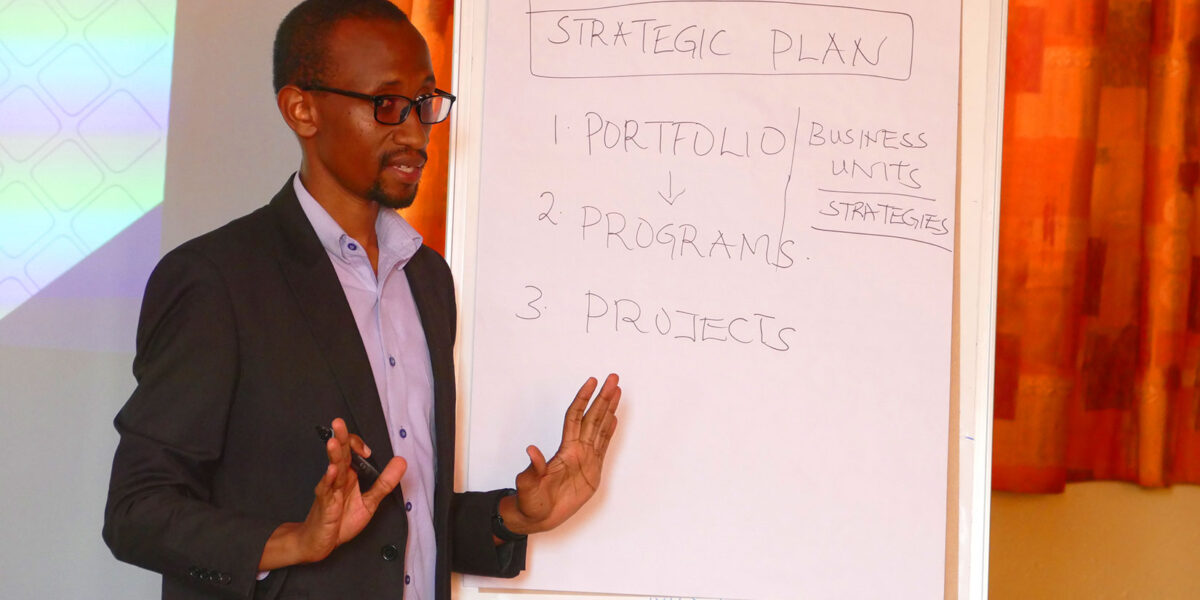Project management is the process of planning, organizing, and controlling resources to achieve specific goals and objectives within a specified timeframe. Effective project management requires careful planning, strong leadership, and the ability to manage risks and change. In this guide, we’ll explore the best practices and tips for effective project management.
- Define the Project Scope
The first step in effective project management is to define the project scope. This involves identifying the goals, objectives, and requirements of the project. A clear understanding of the project scope will help you stay on track and ensure that the project stays within the defined parameters.
- Establish Clear Goals and Objectives
Once you have defined the project scope, it is important to establish clear goals and objectives. This will help you measure the success of the project and ensure that all stakeholders are aligned with the desired outcomes.
- Develop a Project Plan
A well-defined project plan is essential for effective project management. The project plan should include a detailed timeline, milestones, deliverables, and resource requirements. This will help you manage the project effectively and ensure that it stays on track.
- Identify and Manage Risks
Effective risk management is critical to managing the uncertainties that can arise during a project. You should identify potential risks and develop a plan to mitigate them.
- Assign Roles and Responsibilities
Assigning roles and responsibilities to the project team is critical to the success of the project. Each team member should have a clear understanding of their role and responsibilities, as well as the expectations for their contributions to the project.
- Establish Clear Communication
Effective communication is essential for successful project management. You should establish a communication plan that outlines the frequency, channels, and content of communication for all stakeholders. This will help you keep everyone informed and engaged throughout the project.
- Monitor Progress
Regular monitoring of progress is critical to ensure that the project stays on track. You should track progress against the project plan and make adjustments as needed to stay on schedule.
- Manage Change
Change is inevitable in any project. Effective change management involves identifying potential changes and their impact on the project, evaluating the options, and implementing changes as needed.
- Foster Team Collaboration
Collaboration and teamwork are critical to the success of any project. You should foster a collaborative environment that encourages open communication, feedback, and creativity.
- Evaluate and Learn
Once the project is complete, it is important to evaluate the results and learn from the experience. This will help you identify areas for improvement and apply the lessons learned to future projects.
In addition to the above best practices, here are some tips to help you manage projects effectively:
- Use project management software to help you stay organized and manage tasks efficiently.
- Hold regular meetings with the project team to ensure everyone is on the same page and to discuss any issues that arise.
- Keep stakeholders informed and engaged throughout the project to ensure their support and buy-in.
- Be flexible and adaptable, as unexpected challenges can arise at any time.
- Celebrate milestones and project successes to keep the team motivated and engaged.
In conclusion, effective project management requires careful planning, clear communication, strong leadership, and the ability to manage risks and change. By following the best practices and tips outlined in this guide, you can ensure the success of your projects and deliver value to your stakeholders.


(3) Comments